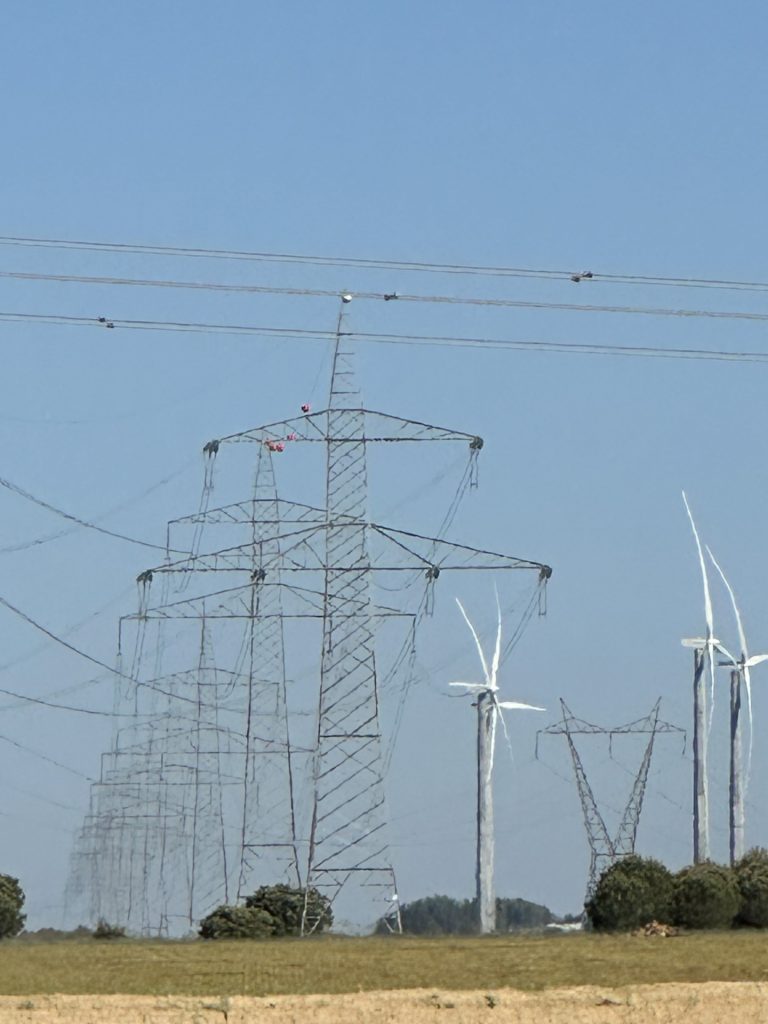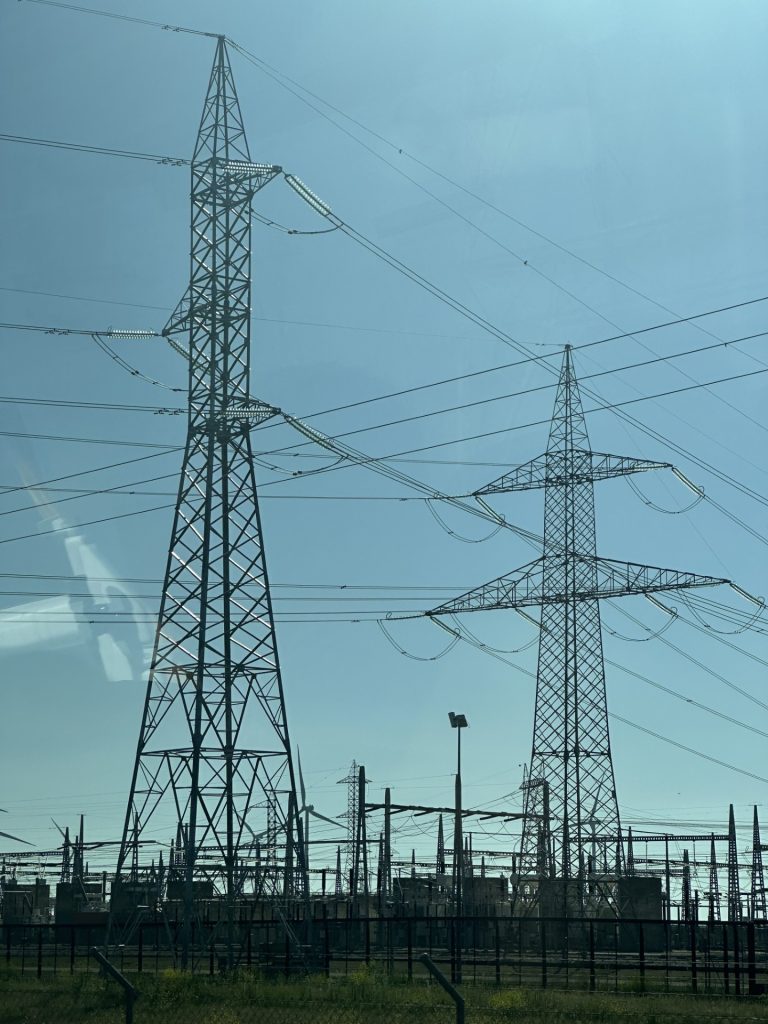The positions against renewable plants are an undesired effect of the transition (…) The energy transition is a socio-technical transition because it connects technological advances with social acceptance (…) Social innovation and public participation in the planning processes of energy projects are key to their acceptance.
One of the decisions inherent in the signing of the Paris Agreement is to electrify the economy. This electrification is necessary to provide us with energy that does not come from fossil fuels and will be the expressway along which energy generated from renewable sources will circulate. However, to date, the focus has tended to be on the development of projects for the installation of wind and photovoltaic plants.
The accumulation of these projects and the dimension reached is generating more and more negative synergies with respect to the energy transition.
The positions against renewable plants are an undesired effect of the transition, being very present in scale, number and location, which conflict with the aspirations of the population. For example, the slogan “Not in my backyard” or NYMBY tried to unite those who rejected the construction of renewable plants and denounced the consequences on the landscape. From STEP we have defended that NYMBY is simplistic because it builds an image of frontal opposition to renewables that has to be nuanced.
Another example is the diversity of voices and approaches in the territories and landscapes that welcome the transition as “renewables yes, but not like this”, this movement condenses the public concern about the lack of public participation in renewable projects in relation to their pace of implementation and scale.
Renewable plants are inseparably linked to energy transformation and distribution networks, and their presence is just as noticeable, if not more so, to the extent that their layout goes beyond the place where they are installed.
The VI Jornadas de Trabajo de Paisaje de la Asociación Española de Geografía en 2024 has been dedicated to “Paisajes de la energía. Energy transition, integration and conflict”. The conference integrated reflection and debate on the old and new energy landscapes with a field trip. With an itinerant character, they have crossed a part of Castilla y León where mining, hydroelectric generation and renewables have transformed and continue to transform the territory and the landscape. The third circular aims to “think and discuss their evolution, territorial integration, past functionality and present multifunctionality, without forgetting the social dimension and the conflicts generated”.

The survey has confirmed the extent to which the territories are appropriated by the logics of the electric companies without any coordination or complementarity whatsoever. They are also appropriated by substations and electrification networks such as those centralized in La Mudarra, the main asset of the Spanish electricity system due to the density of lines that receive and depart for the distribution of electricity to the center and north of the peninsula. And in turn, they exert a pull effect on renewable projects, wind for the moment, which eagerly seek the presence of strong winds and the proximity to the substation.
The magnitude of these projects in the territory is as appreciable as the depopulation process, and leads us to ask what relation may exist between both.
Photograph: Mudarra IBD transformer substation, Valladolid, Spain.
Questions about the transition roadmap, its relationship with territorial and urban planning, the identification and sizing of impact fronts, who participates in decision making, and/or its current and future consequences, give rise to a strong controversy that links to the concept of energy justice. The energy transition is a socio-technical transition because it connects technological advances with social acceptance. Renewable energies are the solution to the scarcity, instability and price of fossil fuels because technological developments are making it possible. There is a growing conviction that they are a clean solution that will become affordable to all.
Social innovation and public participation in energy project planning processes are key to their acceptance. STEP is researching the development and application of instruments that make possible a just transition of distributed energy in the Iberian Peninsula, in favor of territorial justice and the integration of renewable energy landscapes.


